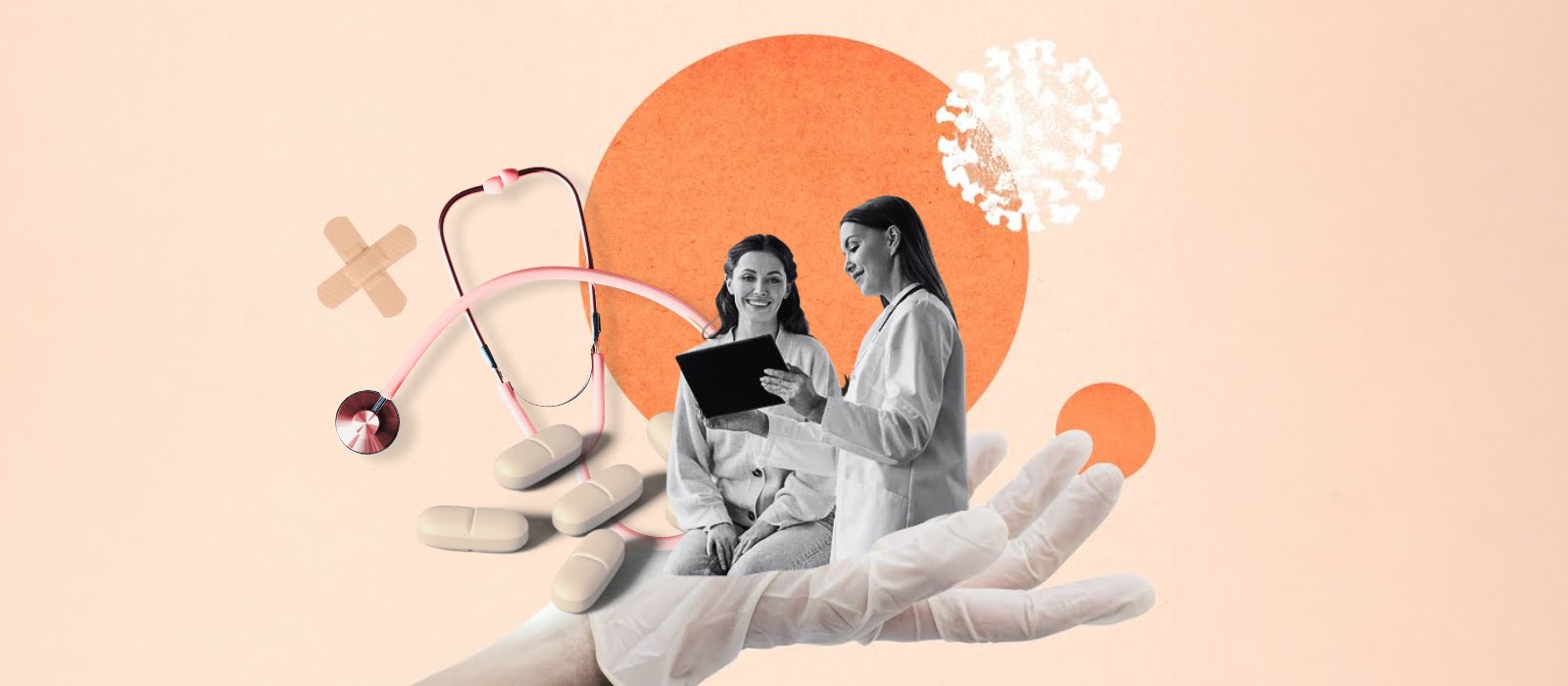Ask the Doctor: ‘How can I protect myself against COVID-19 while travelling?’
All your burning health questions answered by the professionals.
“Many of my friends have COVID-19 and I’m worried because I’m going on my holidays soon. How can I protect myself and my family?”

Answer from Lenora Leonard, Head of Infection Prevention Control, Beacon Hospital
With holiday season upon us, it’s an exciting time for travel. Whether it’s local or international travel, there will be large numbers of people congregating together.
Travel by sea benefits from a dilution factor, with air changes every time someone comes on and off of the deck, but travel by air does not, making it more difficult to control spread of viruses. Ideally, we should also maintain a safe distance from other passengers but again, this is more difficult when travelling by air too.
Ensure you are in good health before travelling and it is recommended that your COVID-19 boosters are up to date, especially if you have a weak immune system as a result of undergoing treatment for cancer, or having chronic kidney disease or if you are taking high doses of systemic steroids. In these cases, you should also ask your doctor’s advice before travelling.
There are several steps that you can take to protect yourself when flying.
Firstly, clean your hands before getting onto the plane. This will remove any germs which may be present on your hands and reduce onward spread of germs onto surfaces in the plane. If all passengers and staff do this, it reduces the number of germs coming onto the plane and helps keep the surfaces clean. Regularly clean your hands after touching surfaces, especially on a long flight.
Secondly, carry some disinfectant wipes to clean and disinfect surfaces onboard, especially the tray table, seat-belt buckle and arm rests. These are high touch surfaces and the passenger sitting there before you may have left their germs behind them. While COVID-19 is spread through droplets (coughing and sneezing), the environment can still play a crucial role in spread as the virus can last up to 72 hours on some surfaces.
Thirdly, wear a mask. Wearing a mask protects both you and other passengers. It prevents onward transmission of droplets from you and protects you from acquiring an infection from others. Wear the mask correctly, covering the nose and mouth, and wash your hands if you touch the outside of the mask as it may be contaminated.
If you have no mask, be sure to cover your mouth / nose if coughing / sneezing with a tissue and discard it following use. As a last resort, if you have no tissue, you can also use your elbow to contain any droplets, and wash your hands and arms afterwards.
As a final point, it’s worth remembering that although the COVID-19 pandemic stopped travel worldwide, travel broadens our horizons, helps us build new experiences and boosts our immune system through rest and relaxation. Happiness improves our well-being and mental and physical health. The benefits of travel are immense so enjoy your holiday and stay safe.
Have a question for the professionals you’d like answered? Get in touch with sarah.gill@image.ie with the subject headline ‘Ask The Doctor’.


















